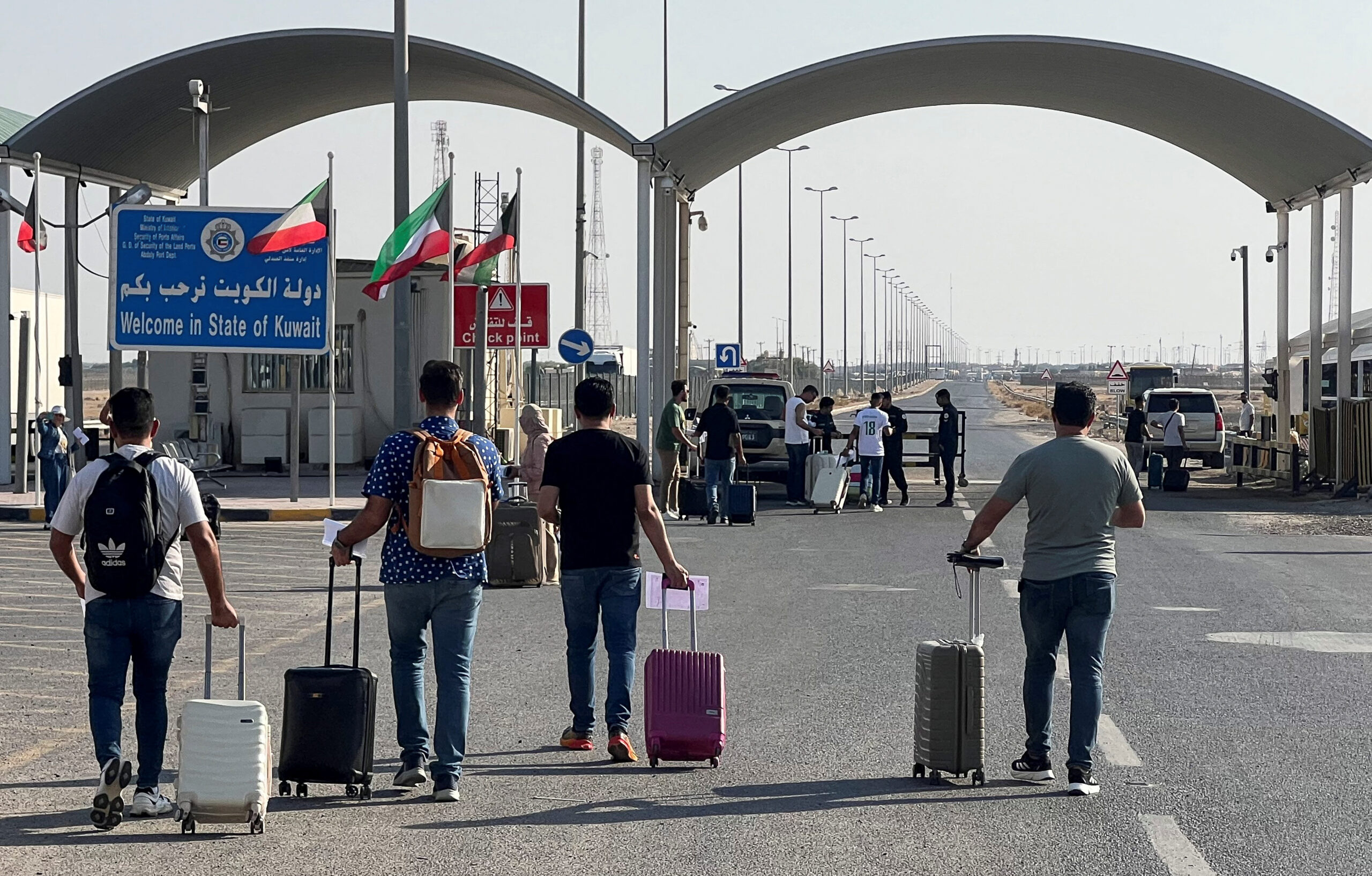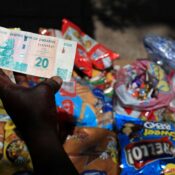
Pitch politics: Iraq-Kuwait soccer match challenges post-Saddam ties
Thousands of Iraqi football supporters were anticipated to attend a World Cup qualifier in Kuwait on Tuesday, marking the first time they have been permitted to do so since the former Iraqi dictator Saddam Hussein invaded the emirate 34 years ago.
Busloads of Iraqis crossing the border for the 7 p.m. (1600 GMT) game exemplified the gradual thawing of relations two decades after Saddam’s collapse in the 2003 U.S.-led invasion. However, sensitivities persist, and the match arrangements have sparked some controversy.
“I am unable to articulate my emotions,” stated Abbas Abdelatif, a middle-aged Iraqi individual, as he awaited to board a transport in the southern Iraqi city of Basra, which is situated near Kuwait.
For more than three decades, I have not visited Kuwait. Despite the presence of strife and difficulties, the situation is expected to improve, provided that God is willing.
Iraq leads Group B of the Asian Football Confederation’s qualifying contests for the 2026 World Cup, and the match will be played at Jaber Al-Ahmad International Stadium in Kuwait City.
The minuscule oil-rich emirate of Kuwait and Iraq, which has a population of 43 million and a population that is 10 times that of Kuwait, have a history of intermittent rivalry. Competing port projects are being constructed by the two states, who are also endeavoring to connect their power infrastructures by the conclusion of 2024.
Following decades of conflict and strained relations, Iraq has been employing football diplomacy to repair its relationship with Arab Gulf states. The most recent conflict, which was against Islamic State, was concluded at the conclusion of 2017.
It hosted the Gulf Cup in Basra last year for the first time since 1979, marking a significant milestone in the regional reintegration process.
The spokesperson for the Iraqi football federation, Yousif Faal, expressed his desire that the rivalry, which was previously regarded as the most significant in the Arab world, remain on the field. “It’s a sporting competition, we should not insert politics into this.”
Perplexing Connections
Before being defeated by a U.S.-led coalition in the Gulf War, Saddam invaded and briefly annexed Kuwait in August 1990. Consequently, Iraq was compelled to pay over $52 billion in war reparations and was subjected to severe sanctions, which were finalized in 2022.
Since Saddam’s ouster in 2003, relations have improved; however, obstacles continue to exist. A strike to the growing goodwill between Iraq and Kuwait was dealt by the top court of Iraq last year, which declared an accord that delineated maritime borders as unconstitutional.
“Kuwait… desires positive relationships with its neighbors, particularly Iraq. However, Iraq must demonstrate and verify its good intentions by resolving certain issues, particularly the maritime border issue,” stated Abdulaziz Alanjeri, the founder of the Kuwait-based think tank Reconnaissance Research.
It is also true that certain outdated behaviors are difficult to break.
Adnan Dirjal, the president of the Iraqi football association, inadvertently referred to Kuwait as a province during an interview, replicating Saddam Hussein’s 1990 assertion that Kuwait was Iraq’s 19th province.
Subsequently, he granted apology.
Basra’s governor issued warnings of reciprocal treatment after initial reports indicated that few or no Iraqi supporters would be permitted to attend.
A subsequent announcement by the ambassador of Iraq to Kuwait indicated that 5,000 supporters were permitted to attend, with specific requirements for their passports and vehicles.
“I think the important issue is that this sporting event marks the beginning of opening the door to discussing the subject of Kuwaiti-Iraqi relations,” according to Anjeri. “It’s a good sign that our Iraqi brothers are interested in visiting Kuwait.”
Iraqi supporters regard the match as a generous act of kindness.
“I hope that the legacy of the former regime is extinguished with the arrival of this new generation,” stated Amer Hakim, an Iraqi supporter.
“The Iraqi people are not to blame for what happened because of Saddam Hussein.”
All Categories
Tags
+13162306000
zoneyetu@yahoo.com


